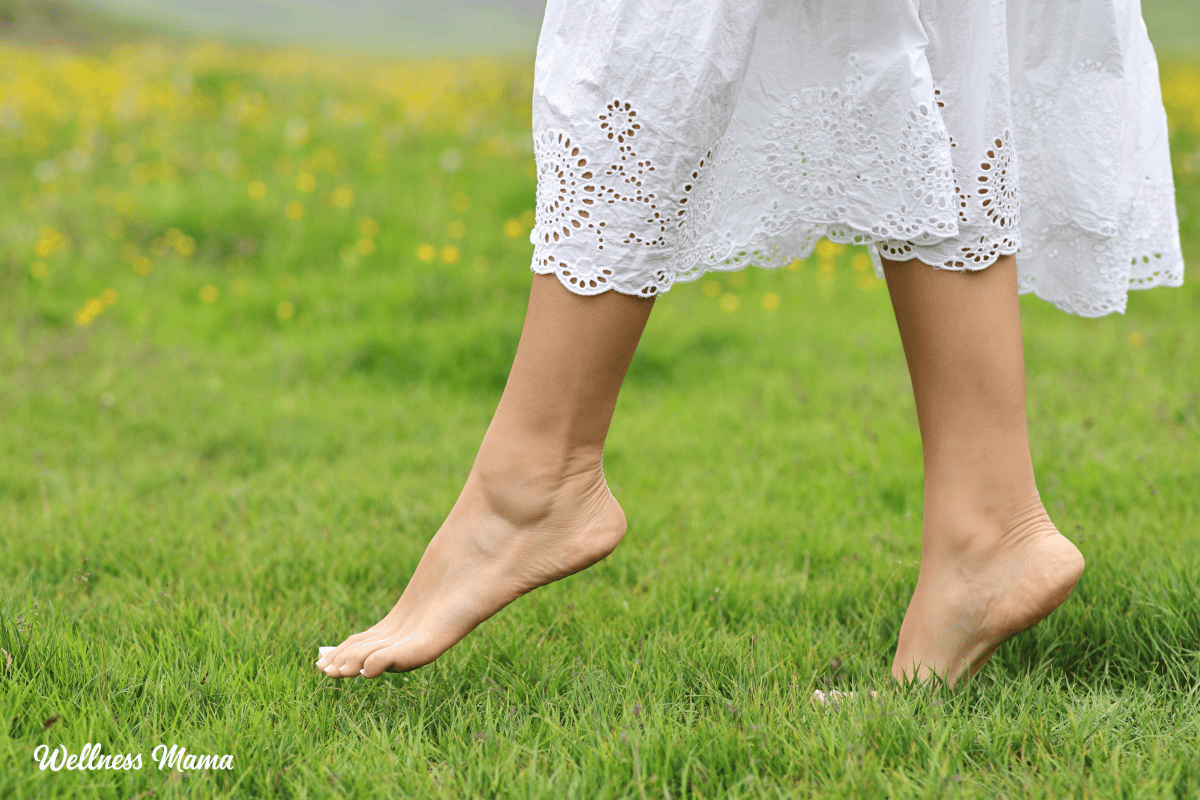
Earthing, also known as grounding, has gained popularity in recent years as a practice that can have numerous health benefits. While some people swear by its positive effects on sleep, pain, and overall well-being, others question the scientific basis behind it. In this article, we will delve into the concept of earthing, explore the evidence supporting its benefits, and discuss how you can incorporate it into your daily routine.
What is Earthing?
Earthing or grounding involves making direct and uninterrupted contact with the earth’s surface. This can be achieved by touching soil, sand, water, or any conductive material on the ground. The idea behind earthing is that the earth has a mild negative charge, while our bodies build up a positive static electric charge over time. This positive charge can lead to oxidative stress in the body, which is believed to contribute to various health problems.
Clint Ober, the pioneer of the modern Earthing movement, discovered the benefits of grounding after experiencing health issues following years of working as a cable installer. He found that reconnecting with the earth’s surface helped him regain his health and vitality. Since then, the concept of earthing has gained traction in the health and wellness community.
From a scientific perspective, earthing is believed to help balance the body’s electrical charge by allowing free electrons from the earth to flow into the body. This process can reduce excess free radical activity and inflammation, leading to improved health outcomes.
Benefits of Earthing
Numerous anecdotal reports and some small-scale studies suggest that earthing can have several health benefits, including:
1. Reducing inflammation: Grounding has been shown to have powerful anti-inflammatory effects, which can help alleviate symptoms associated with chronic inflammation such as pain, muscle tension, and joint pain.
2. Improving sleep: Earthing has been linked to improved sleep quality by reducing stress, normalizing circadian rhythms, and reducing inflammation and pain.
3. Increasing energy: By balancing the body’s electrical charge and reducing stress, earthing may help increase energy levels and improve overall well-being.
4. Supporting cardiovascular health: Earthing may help normalize blood flow and blood pressure, reduce blood viscosity, and lower stress levels, all of which are beneficial for heart health.
5. Supporting hormone balance: Earthing may influence hormone balance by reducing stress, improving sleep, and promoting biological rhythms.
6. Supporting healing: Earthing can help speed up the body’s healing process by reducing inflammation, pain, and oxidative stress, as well as improving circulation and immune response.
Scientific Evidence for Earthing
While the evidence supporting earthing is still limited, some small studies have shown positive effects of grounding on inflammation, cortisol levels, and other health markers. For example, a study on COVID-19 patients found that earthing helped reduce inflammation and improve breathing in infected individuals.
Thermographic imaging has also shown promising results, with before-and-after images demonstrating a reduction in inflammation after just 30 minutes of earthing. These findings suggest that earthing may have real physiological effects on the body.
How to Try Earthing
There are several ways to incorporate earthing into your daily routine:
1. Spend time barefoot outside: Walking barefoot on the ground allows direct contact with the earth’s surface and can help you get grounded.
2. Use grounding products indoors: Earthing mats, sheets, and other products can help you stay connected to the earth while indoors.
3. Be consistent: Aim for at least 20-30 minutes of earthing each day to experience potential benefits. Consistency is key to reaping the full rewards of earthing.
When NOT To Try Earthing
It’s important to be cautious when practicing earthing, especially in areas with strong ground currents or during thunderstorms. People with electronic devices like pacemakers or insulin pumps should consult their doctor before using grounding products.
In conclusion, earthing is a simple and natural practice that may have significant health benefits. While more research is needed to fully understand its effects, many people have reported positive outcomes from incorporating earthing into their daily routine. Whether you choose to walk barefoot outside or use grounding products indoors, the key is to stay consistent and observe how your body responds to this practice.





